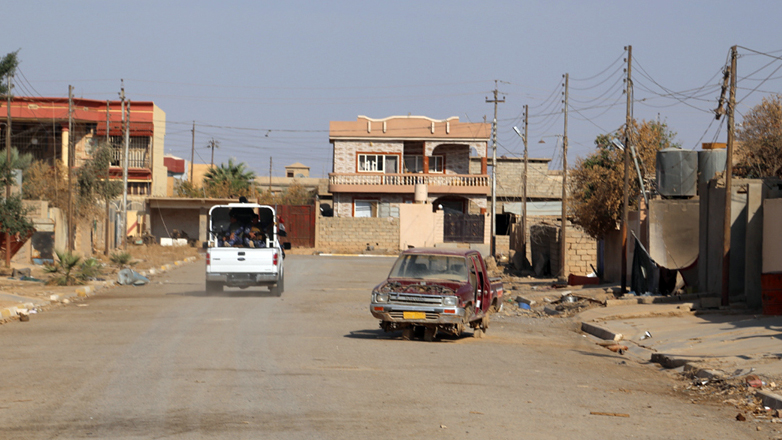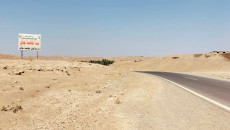Two fighters of the so-called Islamic State of Iraq and Levant ISIL were killed in an operation carried out by the Iraqi Security Forces ISF and the International Coalition in Daquq district, south of Kirkuk, while an ISIL commander was arrested in Nineveh province on Wednesday, November 16th.
Two ISIL fighters were killed in a clash with ISF in Wadi Shay (Tea Valley), a statement by the security media cell said Wednesday.
"In the same operation, a number of weapons and ammunition were seized from the ISIL fighters and the security forces began to chase a number of other fighters," the statement added.
According to a source in Kirkuk, the coalition forces participated in the operation with the Special Division of the 8th Brigade of the Iraqi Ministry of Defense.
In another statement, the security media cell said that an ISIL official was arrested in Nineveh, saying that "he is the logistical support and transportation of the sleeping cell of ISIL to southern Nineveh.”
The statement said the detainee had an arrest warrant for joining ISIL and was a special bodyguard in charge of southern Nineveh Tigris province under command of Abu Bakr al-Baghdadi.
Sleeper cells and resistant pockets of IS are regrouping in the rural areas of the disputed territories between Baghdad and Erbil where neither ISF nor those of the semi-autonomous Iraqi Kurdistan Region IKR are deployed.
They are posing a high threat by different tactics such as hit-and-run attacks, kidnappings, snipers, IED and roadside bombs targeting the Iraqi forces and civilians.
ISIS took large swathes of land in Iraq and Syria in 2014. Following a series of bloody offensives against it, the armed group lost its territorial control in Iraq and was effectively defeated in 2017, the Iraqi government declared.
However, having changed its strategies, ISIS still poses a threat in several provinces in Iraq, particularly the disputed territories which ranges from Khanaqin northeast of Baghdad on the border with Iran across the northern oil-rich city of Kirkuk up to Shingal (Sinar) at the west on the borders with Syria.
Meanwhile, the territorial disputes between Baghdad and Ebril, coupled with a lack of coordination between Kurdish forces and their counterparts in Baghdad, have contributed to a security vacuum that has been increasingly exploited by ISIS.






